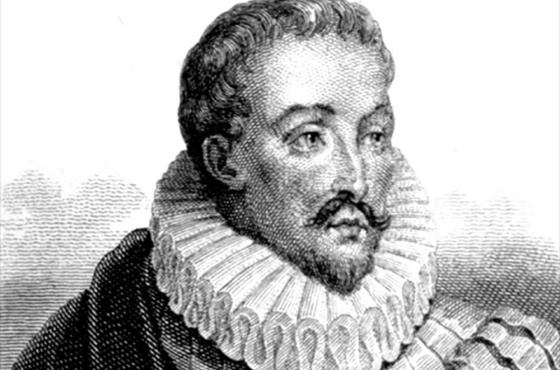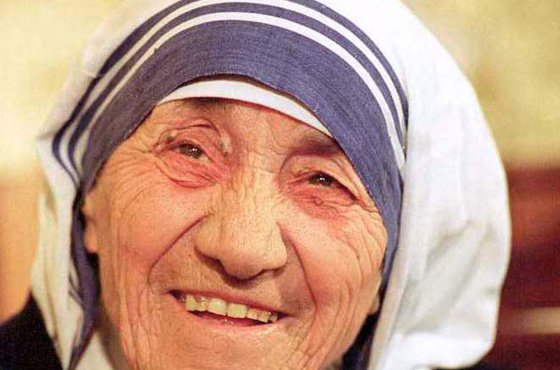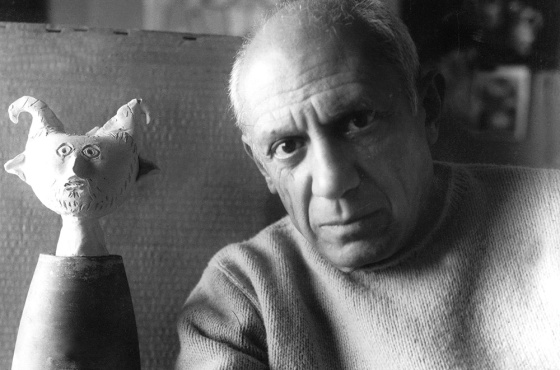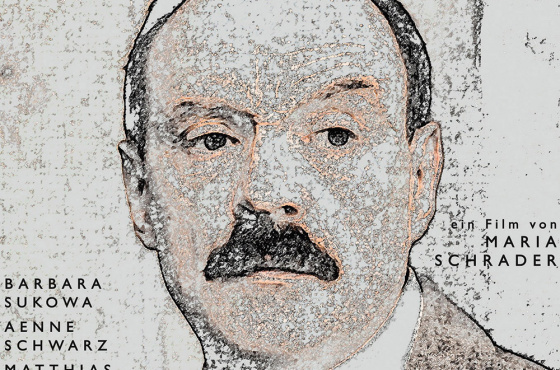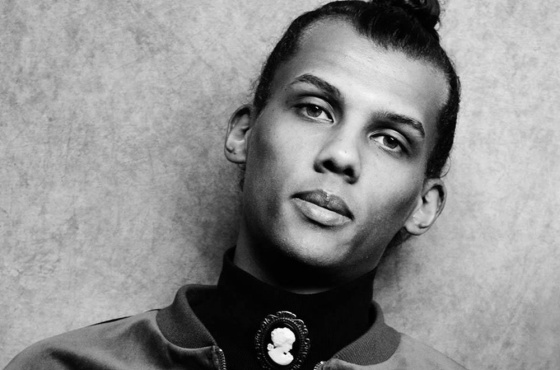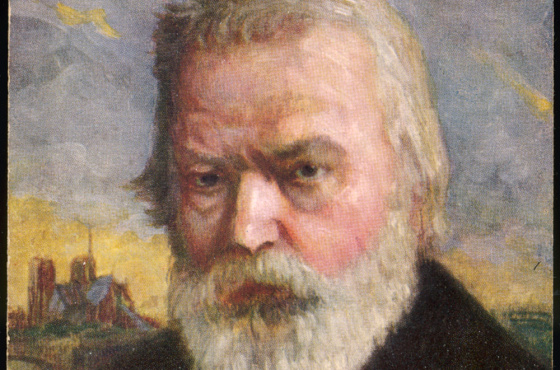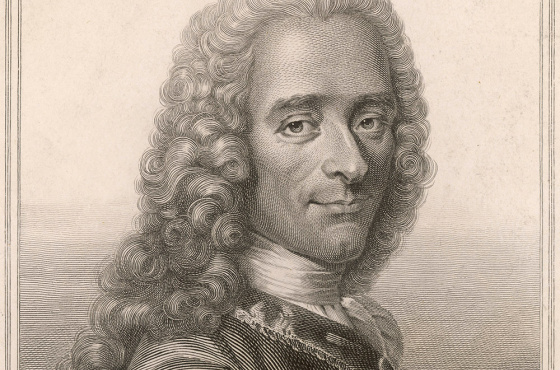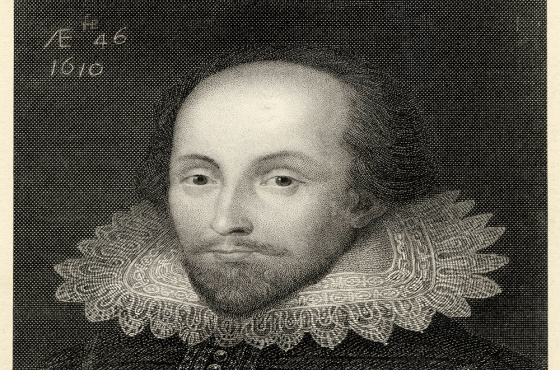Momentan acest conținut nu este disponibil în Română

Creators and Makers
Aflați mai multe europa.eu
Contactați UE
- Apelați numărul 00 800 6 7 8 9 10 11
- Utilizați alte opțiuni telefonice
- Scrieți-ne completând formularul de contact
- Veniți să discutăm la unul din centrele UE
Rețele sociale
Aviz juridic
Instituțiile UE
- Parlamentul European
- Consiliul European
- Consiliul Uniunii Europene
- Comisia Europeană
- Curtea de Justiție a Uniunii Europene (CJUE)
- Banca Centrală Europeană (BCE)
- Curtea Europeană de Conturi
- Serviciul European de Acțiune Externă (SEAE)
- Comitetul Economic și Social European (CESE)
- Comitetul European al Regiunilor (CoR)
- Banca Europeană de Investiții (BEI)
- Ombudsmanul European
- Autoritatea Europeană pentru Protecția Datelor (AEPD)
- Comitetul european pentru protecția datelor (CEPD)
- Oficiul European pentru Selecţia Personalului
- Oficiul pentru Publicații al Uniunii Europene
- Agenţii
